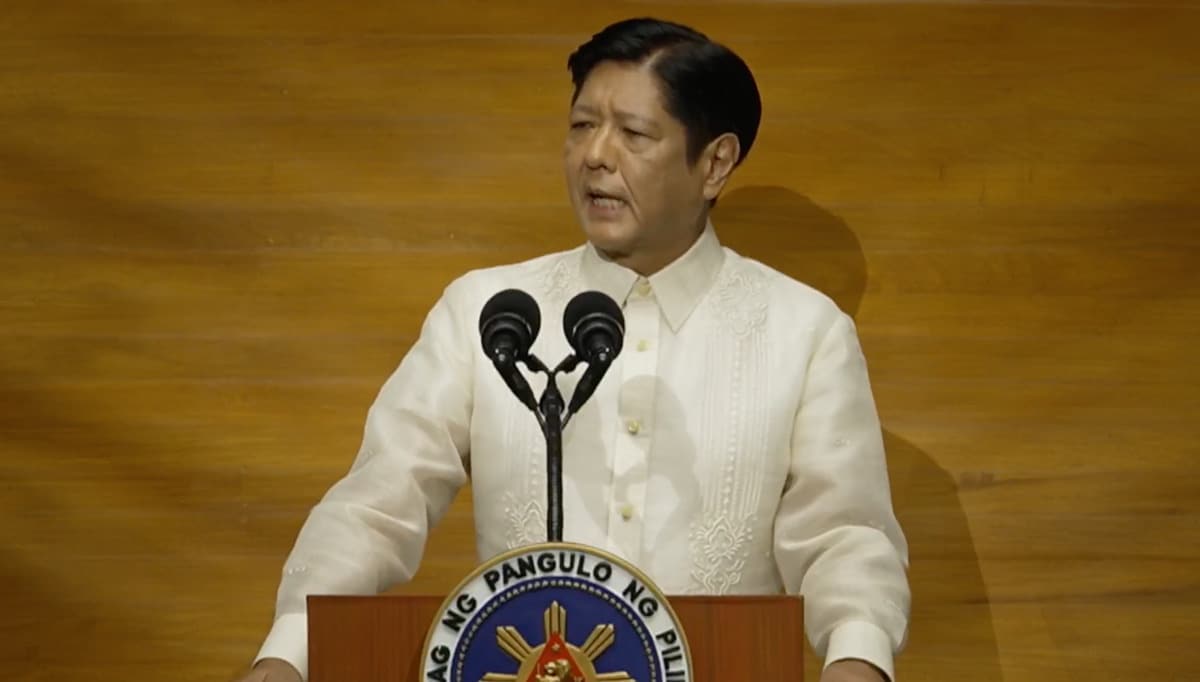Marcos report on ‘bloodless’ antidrug drive disputed
MANILA, Philippines — President Ferdinand Marcos Jr. engaged in “plain and simple propaganda” when he reported in his third State of the Nation Address (Sona) that his administration had been waging a “bloodless” campaign against illegal drugs.
This was according to the authors of a recent research project based at the University of the Philippines (UP) in Diliman, who said they had recorded around 700 drug-related killings in the country since Marcos assumed office in mid-2022.
READ: Sona 2024: A quick look at main issues
“With the rhetoric of having a bloodless drug war, the tendency of the people is to forget that all these killings are still happening,’’ said Joel Ariate Jr. of the UP Third World Studies Center (TWSC).
‘But it’s not’
“And without public intervention, without institutions looking in at the practices of this government, then we would be thinking that the drug war is quite over … but it’s not,” he said in an interview with ANC on Tuesday.
Article continues after this advertisementAriate was reacting to one of the highlights of the July 22 Sona where the President reported: “Our bloodless war on dangerous drugs adheres, and will continue to adhere, to the established ‘8 Es’ of an effective anti-illegal drugs strategy. Extermination was never one of them.”
Article continues after this advertisementDocumented killings
But according to the Dahas Project of the UP TWSC, the research documented 359 drug-related killings from July 2023 to June 30, and 342 killings in the year before.
The Dahas report, which was written by research associates Larah Vinda del Mundo and Vincent Halog, said unidentified assailants—often masked gunmen on motorbikes and whose attacks were seen by eyewitnesses—accounted for 135 or 37.6 percent of the 359 deaths since July 2023.
State agents, on the other hand, “continue to be prominently involved” and were “responsible” for 123 or 34.3 percent of the killings, the report added.
Killings attributed to identified private individuals accounted for 63 deaths (17.5 percent). There were also 38 recorded cases (10.6 percent) where the victim’s body was just found and no one saw the actual killing.
‘Primary perpetrators’
“Despite several characterizations by Malacañang of a ‘bloodless drug war’—or, as claimed by some, ‘less bloody’—state agents remain the primary perpetrators of drug-related killings in the two years of the administration of Marcos Jr.,” the researchers said in the report released on July 20.
Dahas, a project recognized by the United Nations Office of the High Commissioner for Human Rights, was an offshoot of an earlier undertaking—the Violence, Human Rights, and Democracy Project—jointly conducted by UP and Ghent University in Belgium from 2018 to 2022, during the Duterte administration.
For Dahas, researchers collected data from the news media and social media posts from the various police units and related government agencies.
